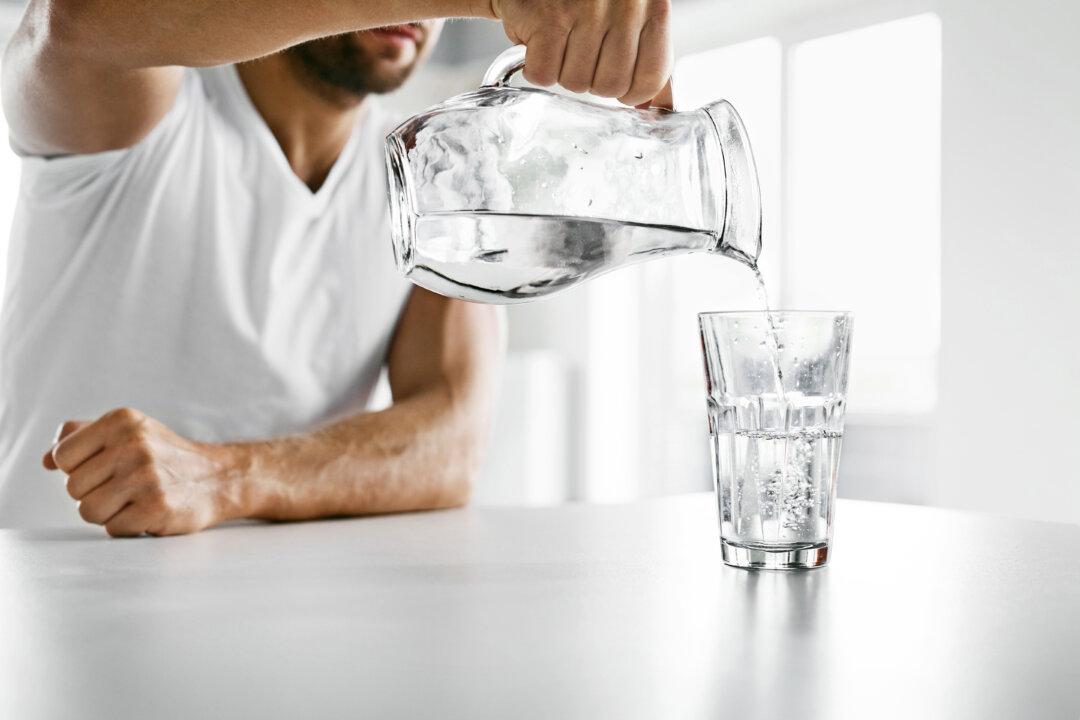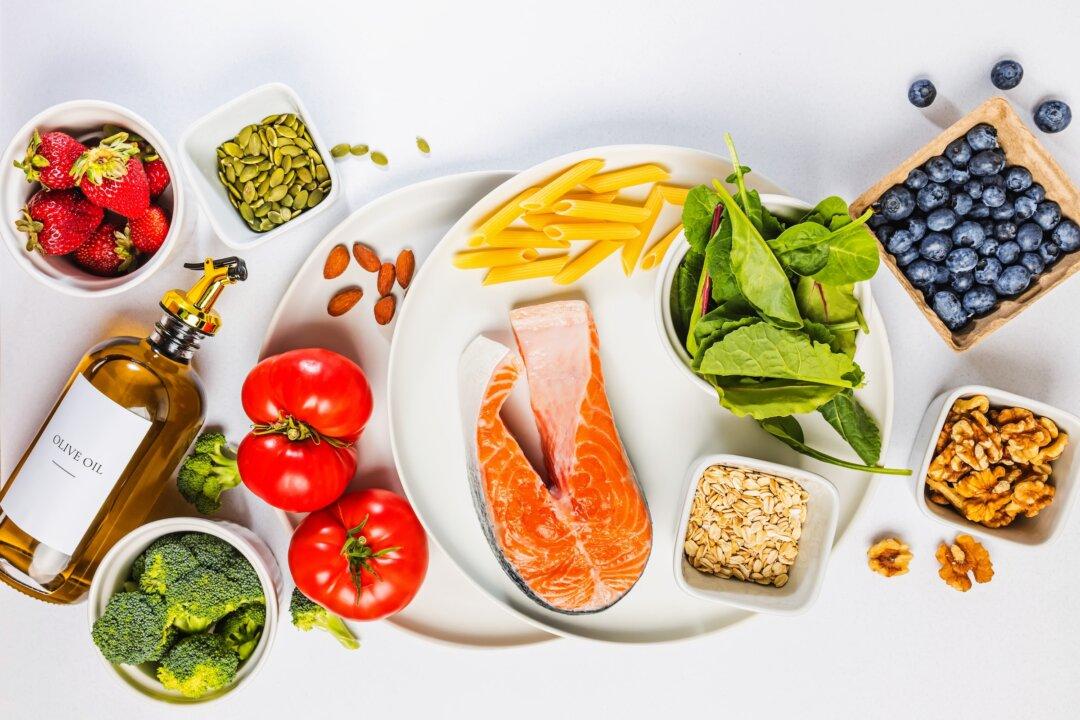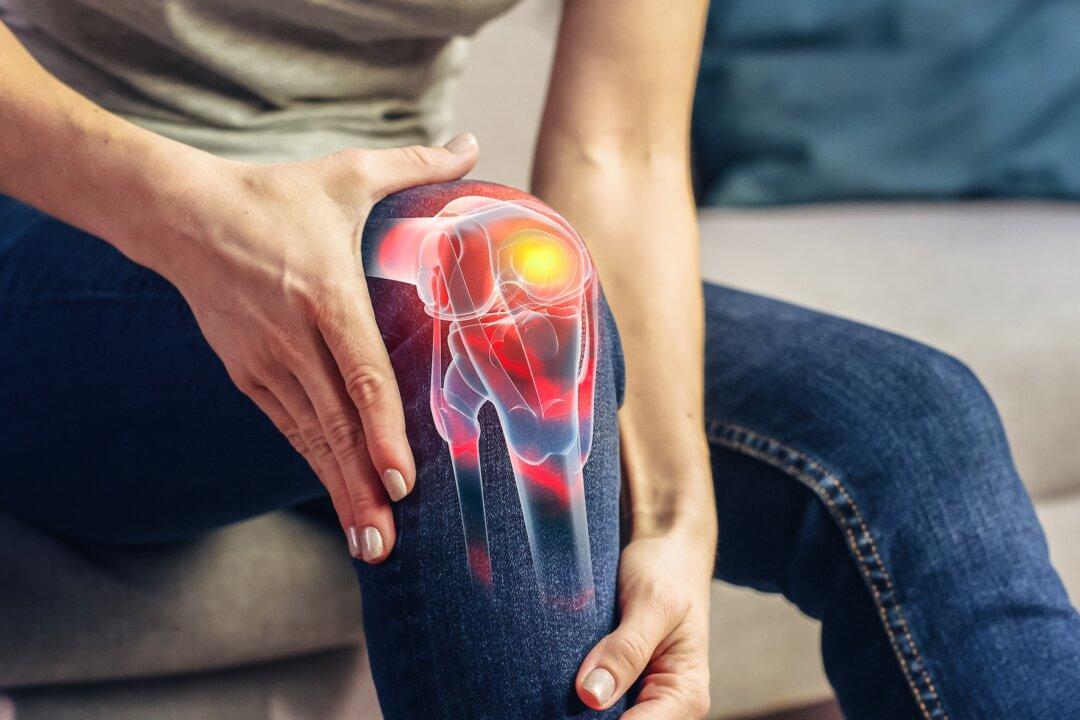The American College of Physicians has just released recommendations for people who have had kidney stones. Thirteen percent of North American men and seven percent of women suffer from kidney stones, which can be incredibly painful as stones pass from the kidneys to the outside. Those who get one stone have a 50 percent chance of passing another stone in five years.
Eighty percent of kidney stones contain calcium oxalate, calcium phosphate, or both. Other stones consist of struvite, uric acid, or cystine. Surprisingly, a review of 36 studies shows that stone recurrence is not prevented by assessing the chemical type of stone or doing blood and urine chemistries other than calcium levels. Here are the current recommendations for preventing kidney stones:
Sports medicine doctor, fitness guru and long-time radio host Gabe Mirkin, M.D. brings you news and tips for your healthful lifestyle. A practicing physician for more than 50 years and a radio talk show host for 25 years, Dr. Mirkin is a graduate of Harvard University and Baylor University College of Medicine. He is one of a very few doctors board-certified in four specialties: Sports Medicine, Allergy and Immunology, Pediatrics and Pediatric Immunology.
Author’s Selected Articles





